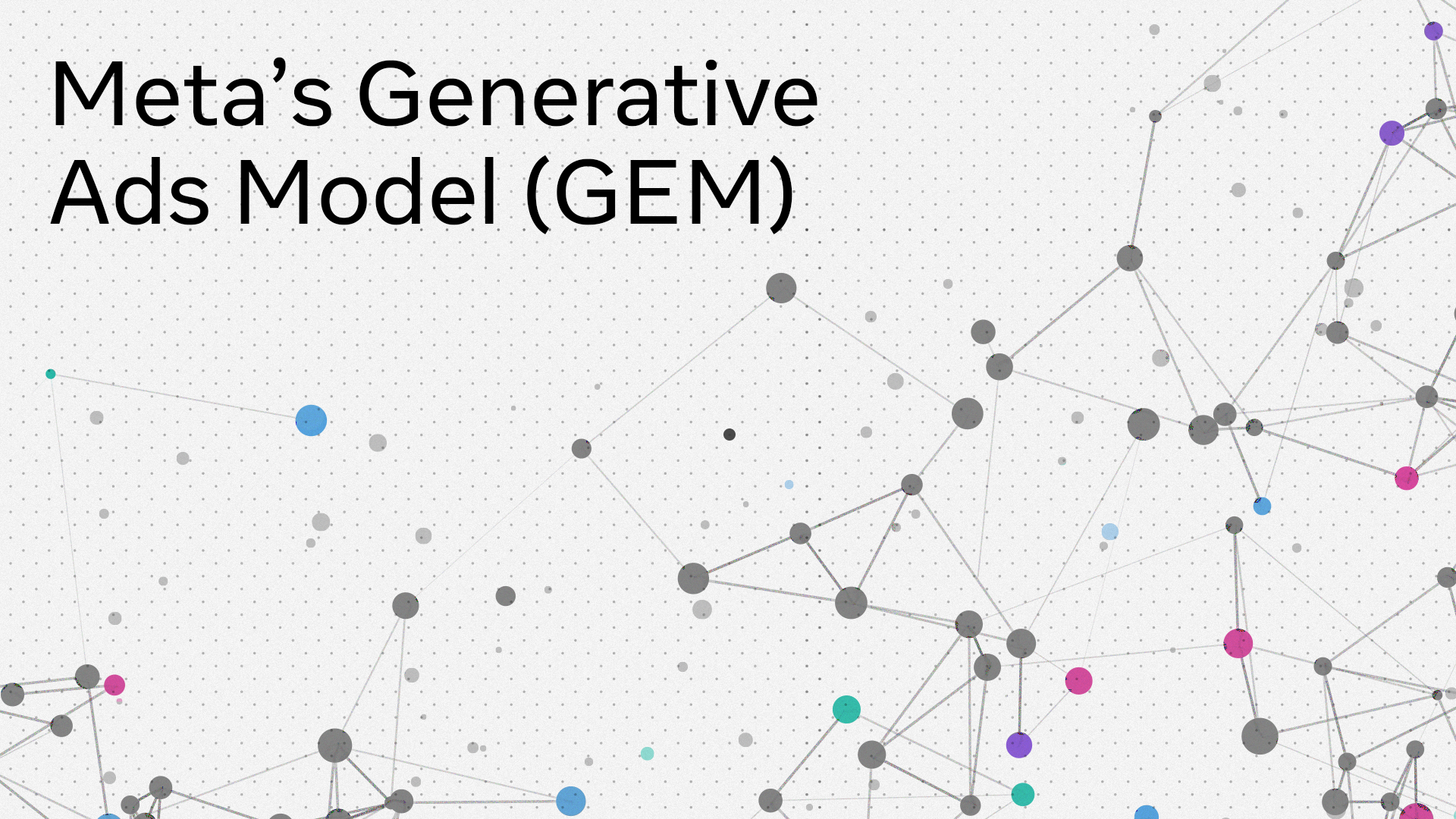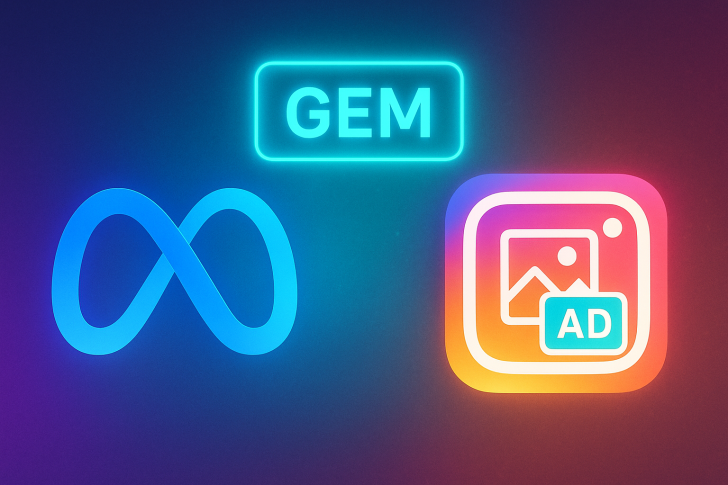⬤ Meta recently unveiled its Generative Ads Recommendation Model (GEM), an AI system built using large language model techniques that's already showing real results for advertisers. The model improves Meta's ad platform by delivering more relevant and personalized advertisements, leading to better performance for businesses running campaigns across Meta's properties.

⬤ The rollout comes amid ongoing discussions about AI advertising regulations. Potential policy changes could increase costs for smaller ad-tech companies, possibly forcing some out of business or driving talent toward tech giants like Meta. As GEM strengthens Meta's market position, regulators may take a closer look at how the company handles data, maintains fair competition, and ensures transparency in its AI systems.
⬤ Early results show GEM is making a tangible difference—Instagram ad conversions jumped 5% after implementation. The model uses advanced language processing to better understand content and what users actually want, helping advertisers connect with the right audiences more effectively and get better returns on their ad spending.
⬤ Industry observers see generative recommendation systems as the future of digital advertising, where AI constantly fine-tunes ad relevance and keeps users engaged. As AI becomes central to ad performance, GEM puts Meta ahead of the curve in advertising innovation. With proven results, higher advertiser returns, and increasing regulatory attention on powerful AI systems, GEM represents a major move in Meta's push to improve ad personalization worldwide.
 Saad Ullah
Saad Ullah

 Saad Ullah
Saad Ullah


